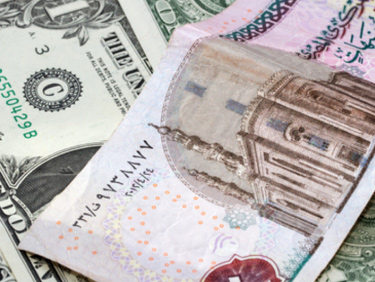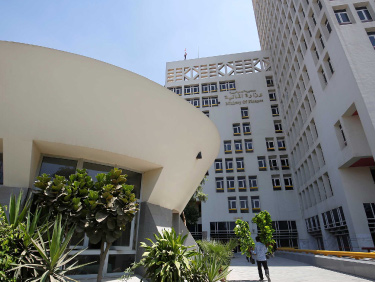The Central Bank of Egypt (CBE) has decided to terminate the repatriation mechanism at the end of the 4 December business day for any fresh foreign currency portfolio investments wishing to enter the local treasuries or stock markets, the CBE announced in a release. Going forward, fresh foreign portfolio investments will be channeled through the interbank market and the decision will not apply to balances held inside the mechanism before the cut-off date, it added. (CBE)
HC’s comment: Foreign holding of Egyptian T-bills declined to USD11.8bn in October 2018 from USD21.5bn in March, a total outflow of USD9.7bn. Around USD8bn of the outflows were covered by commercial banks shifting them to a net foreign liability position of USD3.9bn as of September and the remaining USD1.7bn were covered from the repatriation fund which declined to USD7.8bn as of the end of October from USD9.7bn in March. HC expects the direction of foreign currency portfolio investments through the interbank systems to result in an FX rate reflecting supply and demand forces, supporting a floating currency mechanism. HC however, expects commercial banks to show limited ability to support the EGP at current rates due to holding a net foreign liability position, as HC earlier illustrated in thier Egypt macro note dated November 7, 2018. Therefore HC expects to see EGP devaluation of 5%-10% throughout 2019. That said, as the currency settles at market equilibrium rates HC would expect to see foreign inflows into the Egyptian T-bill market giving banks room to replenish the position of their foreign assets. Accounting for the potential devaluation, HC expects inflation to average 16%-17% over 2019, hence they do not expect interest rate hikes throughout 2019, as was also illustrated in their November macro report. Currently, international price of Brent declined to USD58.87/barrel, which should offset the potential EGP devaluation’s effect on the Egyptian government’s budget. On HC’s numbers, average FY18/19e Brent price of USD76.6/barrel translates to a budget deficit of 8.4% of GDP.
This content is just for general information.




